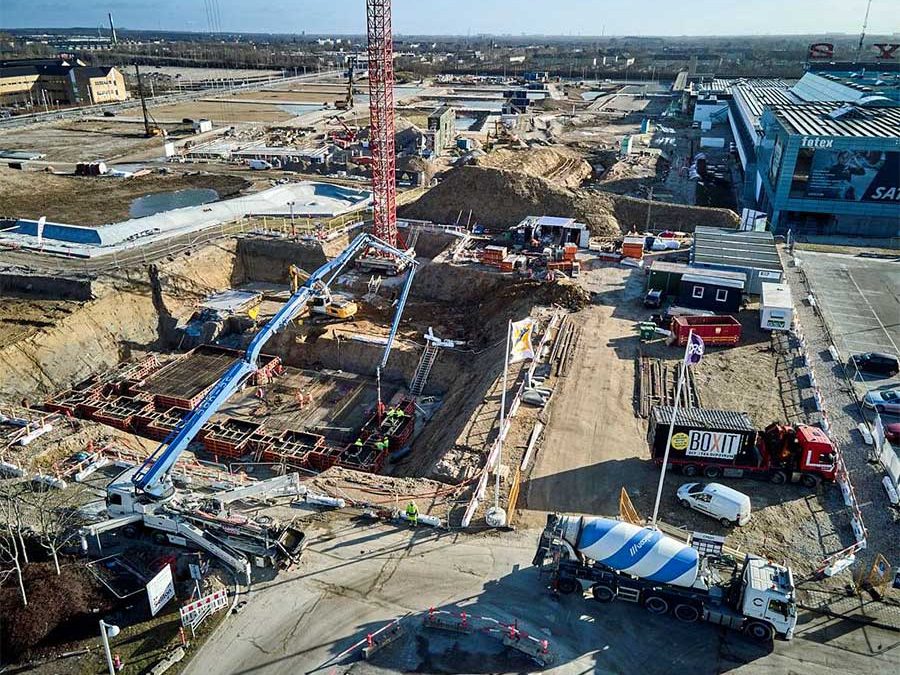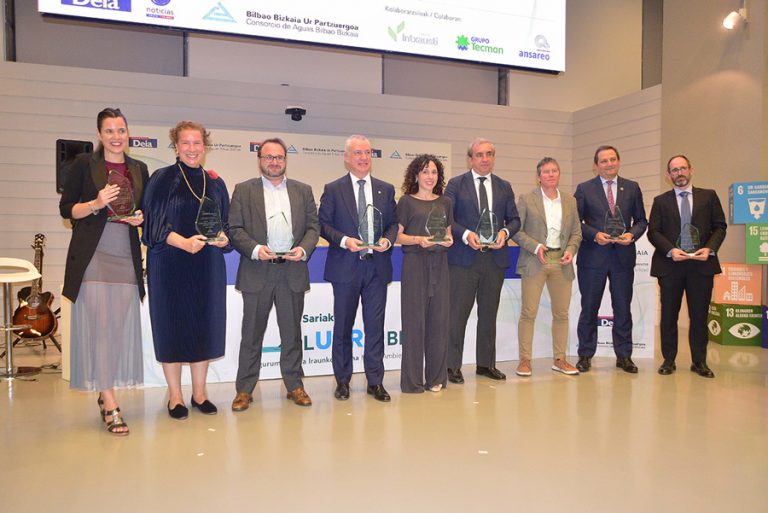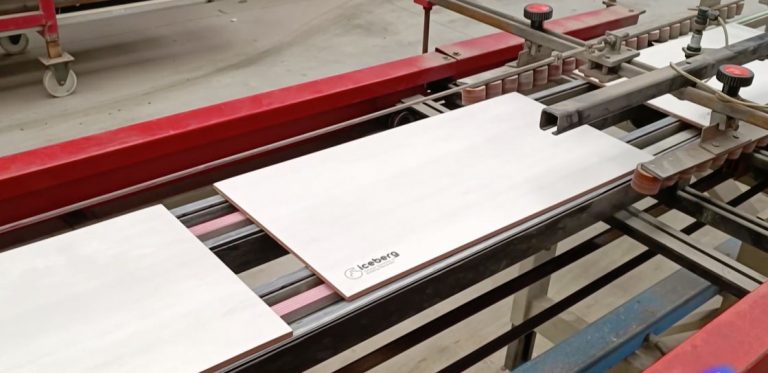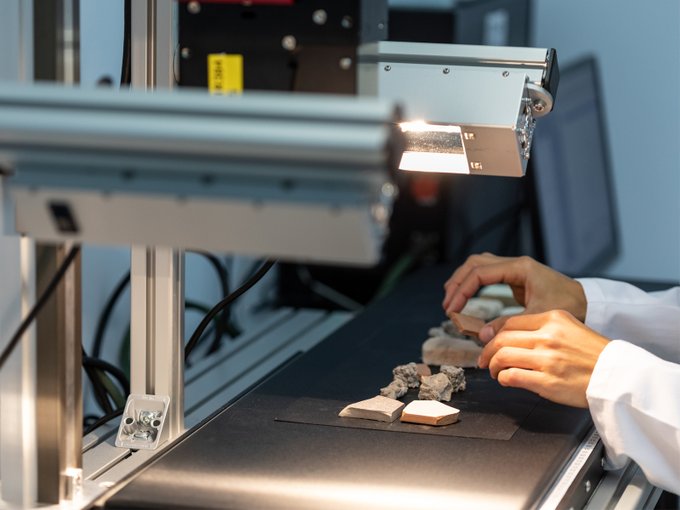- Other European projects focused on a circular construction: The CityLoops project has drawn up three handbooks on circular construction, biowaste and circular procurement to help cities replicate the results of its work
Cities throughout Europe are increasingly recognising that the transition from a linear to a circular economy is crucial in the fight against climate change and biodiversity loss. In order to address these challenges, CityLoops brought together seven European cities – Apeldoorn (The Netherlands), Bodø (Norway), Mikkeli (Finland), Porto (Portugal), Seville (Spain), Høje-Taastrup and Roskilde (Denmark) – to pilot a series of demonstration actions to “close the loop” in Construction and Demolition Waste (CDW) and biowaste, identified in the European Circular Economy Action Plan as two of the most important waste streams in Europe.
Over the past four years, these seven cities have implemented a total of ten demonstration actions, testing over 30 new instruments and processes. These range from instruments to predict future excavated construction and demolition waste and soil production to awareness-raising campaigns, and from circularity decision-making support tools to simulation of the impact of 3D visualisation tools and procurement guidelines for biowaste products.
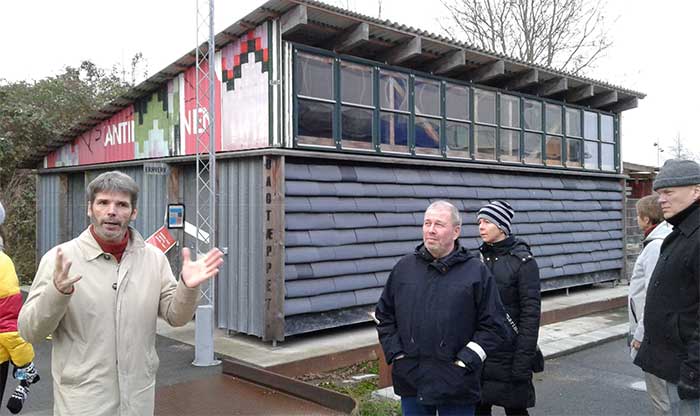
The wide variety of these solutions reflects the different needs and contexts of the cities participating in the project. While Bodø was demolishing its old military airport to build a new part of the city in the cleared area, Porto was focusing on making its social economy and tourism sector more circular. Apeldoorn was experimenting with soil improver bokashi while Seville was implementing waste collection awareness campaigns for school children.
The cities ultimate aim is to become circular cities. After four years working in CityLoops, they are not there yet, but the demonstration actions implemented during the project have brought them closer to that goal. They contributed to the further integration of circular principles within municipal policy strategies, greater use of circular public procurement to increase market demand for circular products and services, and a better understanding of the resources that flow through their cities.

To help cities replicate the results of its work, the CityLoops project has drawn up three handbooks on circular construction, biowaste and circular procurement. They aim to provide cities with a comprehensive overview of how the lessons learnt and main insights from the project can be most effectively applied in their own contexts.
Furthermore, CityLoops has developed nine Replication Packages for circular construction and demolition. These packages contain the lessons learned, the instruments and methods used and the experiences from the demonstration actions for each of these nine topics: Planning and decision-making, Stakeholder engagement, Circular demolition, Data and materialpassports, Material banks and marketplaces, Concrete recycling, Circular soil handling, Circular procurement and Business cases.

